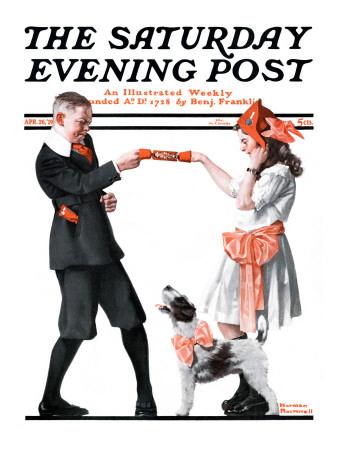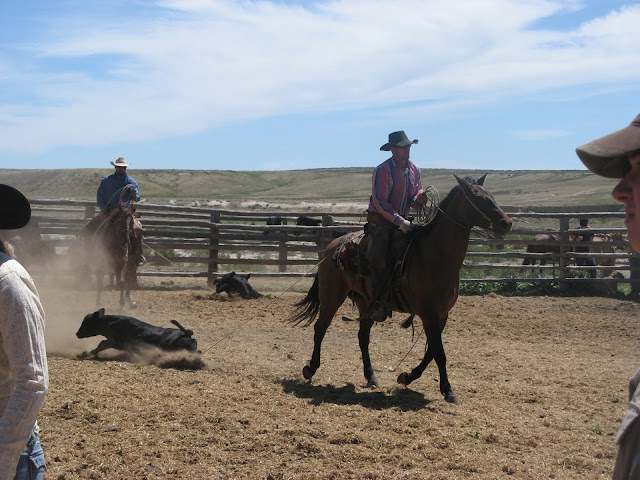Legendary, and frequently radical, civil rights leader W. E. B. Dubois who when once asked about his early sympathetic feelings for Communism stated, "Only a fool never changes his mind". Unfortunately, few seem to have the wisdom of Dubois.
George Wuerthner is busy trying to ensure the destruction of wildlands in the United States by operating under the delusion that he's trying to save them.
That's because, for people like Wuerthner, it's always 1972.
For those who don't know who he is, Wuerthner, in his delusion, believes in kicking livestock off the public lands and that this results in them essentially being a big park. That's because he believes that the county is inhabited like it was in 1972. . . the population must be about 250,000,000 people, outside interests don't buy ranches. . . and the ranches go on ranching on their deeded land. Truth be known, he doesn't care about those people much, so that doesn't fit in his equation. He'd be harmless enough, but the fact that the Western Watersheds Project was formed in 1993, and he's a figure in it, means he has an annoying and dangerous public voice. Articles written by him show up in newspapers, at least in the west.
Cattle in deep grass, for the West.
But dense twits like Wuerthner, stuck in 1972 like they are, live in a fantasy land where this won't occur.
Wuerthner is 66 years of age. That's not ancient by any means, but it puts him in the Archdruid years of the environmental movement. If you recognize that reference, you are old enough that you may fit in it too (obviously I recognize it). If you don't, good for you.
One of the real problems of any sort of movement is that they tend to get stuck in their founding years, and then when central concepts adopted in those years become obsolete, or false, their adherents absolutely refuse to change them. Usually that dooms them for extinction, but if it doesn't, it can cause tremendous problems for the movements and worse yet the public.
In this case, the environmental movement really dates back to the 1960s and fully flowered in the early 1970s. The views it adopted at that time were heavily peppered with the left wing ethos of the era. Certain central tenants in individual branches of the movement have become absolutely fixed to the point where, ironically enough, they're anti-environmental.
Perhaps the best example is the locked position nuclear power. The movement's view on nuclear power was always completely naive. From the very onset, nuclear power was safer than any then available alternative and in fact it offered a way to clean energy. It still does. A sane environmental movement would be screaming for coal fired power plants all over the globe to be replaced with nuclear ones within a decade. It could very easily be done. Those nations that are the prime energy consumers on the planet all have nuclear technology. Indeed, if somebody is really worried about climate change, the argument is to go to nuclear power and electric transportation, solving almost all of the problem overnight. By and large, however, most larger environmental movements would rather be wrong about nuclear power than adopt such a straightforward and easy solution.
Cattle being fed in the winter. . . away from a creek bottom. If they were buffalo, they'd be in it.
Wuerthner isn't an opponent of nuclear energy, as far as I know, but he's a hater of livestock on the public lands, a position he shares with at least one University of Wyoming law professor. The stupidity of that position is perhaps best demonstrated by an article written by that law professor in the last decade or so in which she laments seeing cattle outside of her kitchen window in Laramie, which means she lives in a house on the edge of Laramie which is likely new, as that's where the new houses are.
The idiocy of that position, and it is idiotic, is that if you see cattle in the west, those lands are at least somewhat wild. And the transition is very well known. If you remove the public lands from livestock use, you make the ranches non viable, they become housing subdivisions of some sort, and the wildlands are destroyed.
High country pasture, during the period of the year its grazed. Cattle were in this pasture at the time this photograph was taken. Places like this remain places like this due to livestock.
And moreover, their view is weirdly devoid of historical knowledge. It's very well known that large cottonwoods bottoms in the western United States were destroyed in the late 19th Century principally by buffalo. Buffalo are every bit as destructive on watersheds as cattle and exhibit largely the same behavior in regard to them. When its noted that cattle replaced buffalo, that's just what happened. The cattle replaced them. They're both big ungulates. But buffalo are benighted, as they were here prior to European Americans.
Working men doing work that's actually worth doing, which very little modern work actually is. Another factor in keeping agriculture viable.
Chopping ice for bulls. . . and deer. It's been well established that the deer population in the west is dramatically larger than it was prior to the mid 20th Century as ranchers have done things like this.
Modern ranchers, and for that matter most ranchers all the time, move cattle from pasture to pasture and place things like salt blocks out in places to require them to move. Ranchers are, on a day to day basis, much more concerned with the state of the land and watersheds than anyone else is. So they've addressed the situation in a natural way.
Indeed, at least one African born cattle advocate, Allan Savory, has taken this to another step and argued not only are cattle that are rotated on pastures fully comparable with nature, but necessary to it, even maintaining that only livestock can reverse desertification. Savory is hugely controversial among environmentalist for that reason who just can't accept that this could possible be correct.
Joseph Stalin. During the 1930s a writer for The New Republic wrote to Stalin to warn him that it seemed people were doing really bad things under his watch. . . .unable to grasp that Stalin was doing really bad things under his watch.
During the 1920s a lot of the American movement left developed an admiration for Soviet Communist and kept it all the way into the 1950s and even beyond, well after it was proven that it was a bloody mess. All kids of stupid radical ideas that came up during the 1970s remain around now and are still wreaking destruction well after both science and experience have proven them wrong. A concern for the planet or regions of it doesn't exempt a person from this
Wuerthner is flat out wrong. Their views are ossified. It's time for him to retire from public life. MeTV has plenty of 1970s vintage sitcoms on, so he should be right at home.













































